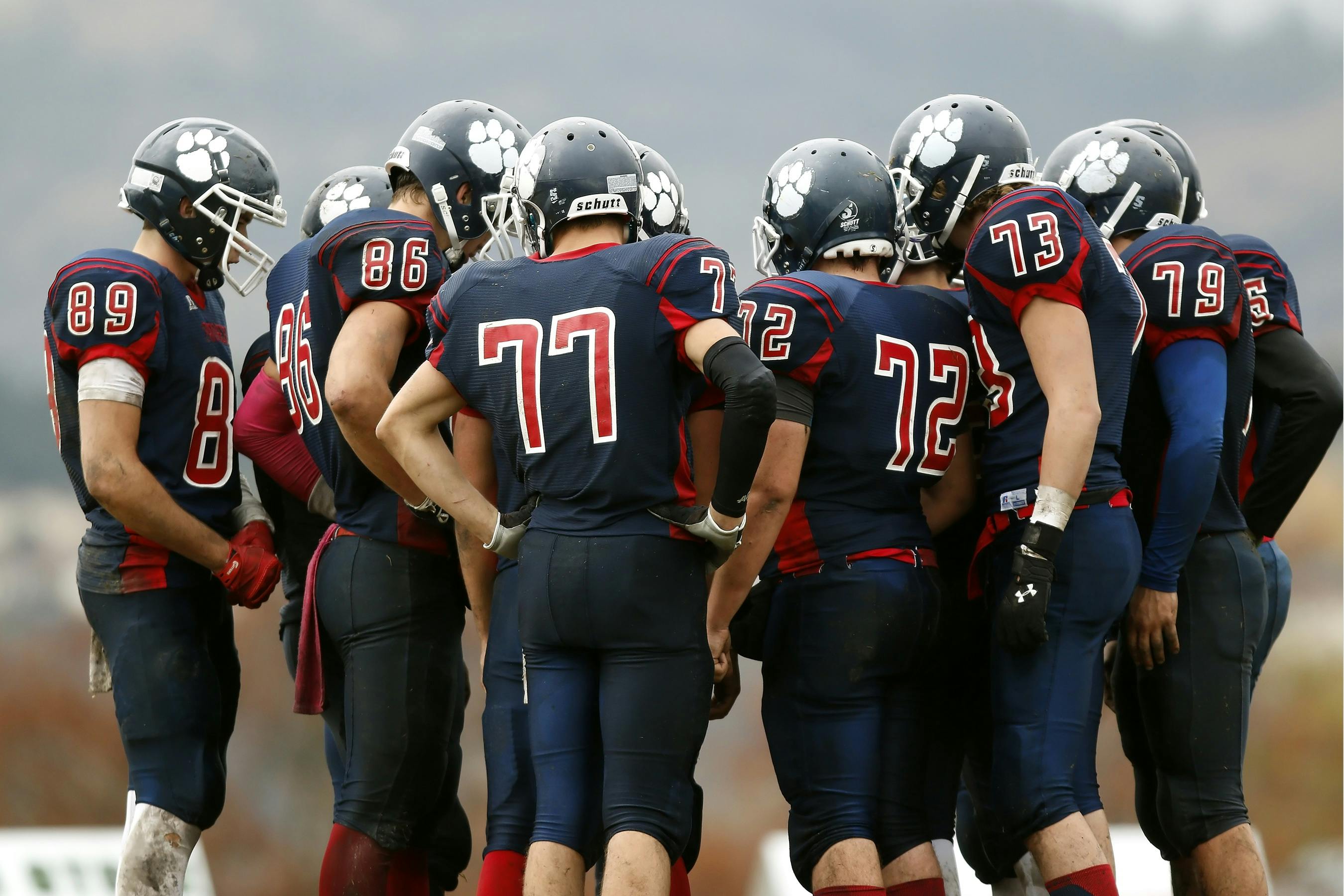The lust for immeasurable materialistic wealth is a very cruel aspect of human nature. History is witness, this incessant aspiration to amass untold riches has ruined great dynasties. Greed is like a fire that burns furiously in the initial stages but then turns into hell. Undeniably, greed is not known to have limits.
More than 5,000 years ago, before the start of Kaliyuga (the age of darkness), a bloody war was waged in Kurukshetra with the intention of securing the throne of Hastinapur (near present-day New Delhi). The main belligerents were Kauravas and Pandavas, two groups of cousins but all the princely states of the Indian subcontinent participated in the war as allies of the rival groups. The intense war lasted only eighteen days, but this bloodshed claimed the lives of several million soldiers and the misery that followed, haunted for a prolonged period.
King Dhritarashtra, father of the Kauravas, was visually impaired. Therefore, he was considered inferior and incompetent as heir to the throne. Pandu, younger brother of Dhritarashtra and father of the Pandavas, was a responsible ruler, but he gave up the kingdom and decided to live an ascetic life after being cursed by the sage Kindama. The Kuru territories were divided between the Kauravas and the Pandavas but animosity between the cousins was aroused by a game of dice. Kauravas won the competition by trickery, humiliated Pandavas and forced them to transfer territories. The Pandavas were also exiled for thirteen years and lived a nomadic life. Duryodhan, the eldest Kaurava, cunningly orchestrated various plots to explore his whereabouts, but ultimately failed to track down his cousins each time.
When the Pandavas reclaimed their fief after the conclusion of their exile, the unpleasant Duryodhan immediately refused to comply. This culminated in a full scale war between Pandavas and Kauravas. In a last ditch effort to avert an inevitable war, Lord Krishna, well-wisher, mentor, and adviser to the Pandavas, personally initiated a peace proposal that was instantly rejected by Duryodhan. The two groups of cousins, now sworn enemies, ready to meet as belligerents met on the battlefield of Kurushetra. Arjuna, a mighty Panadava warrior, was reluctant to engage in a duel with his respected elders who were leaders and commanders of the Kaurava armies. Lord Krishna threw down valuable concepts, Dharma principles and restored Arjuna’s will power. After absorbing the edifying lessons (Bhagavad Gita), Arjuna attacked the rival camp with all his might. He, along with his powerful elder brother Bhima, annihilated the Kaurava camp. The carnage left horrendous memories for the survivors. Dismembered bodies, debris from damaged cars, and the heart-wrenching groans of wounded soldiers was leftover scene.
The gigantic victory enabled the Pandavas to regain their lost honor and establish their rule. However, the Pandavas were full of remorse and shame for having massacred their relatives. The Kurukshetra war is not an ordinary story of masculinity. It imparts to us a valuable lesson that injustice and tyranny in any form must be abhorred and, if necessary, arms raised, even if the belligerent is your relative.



